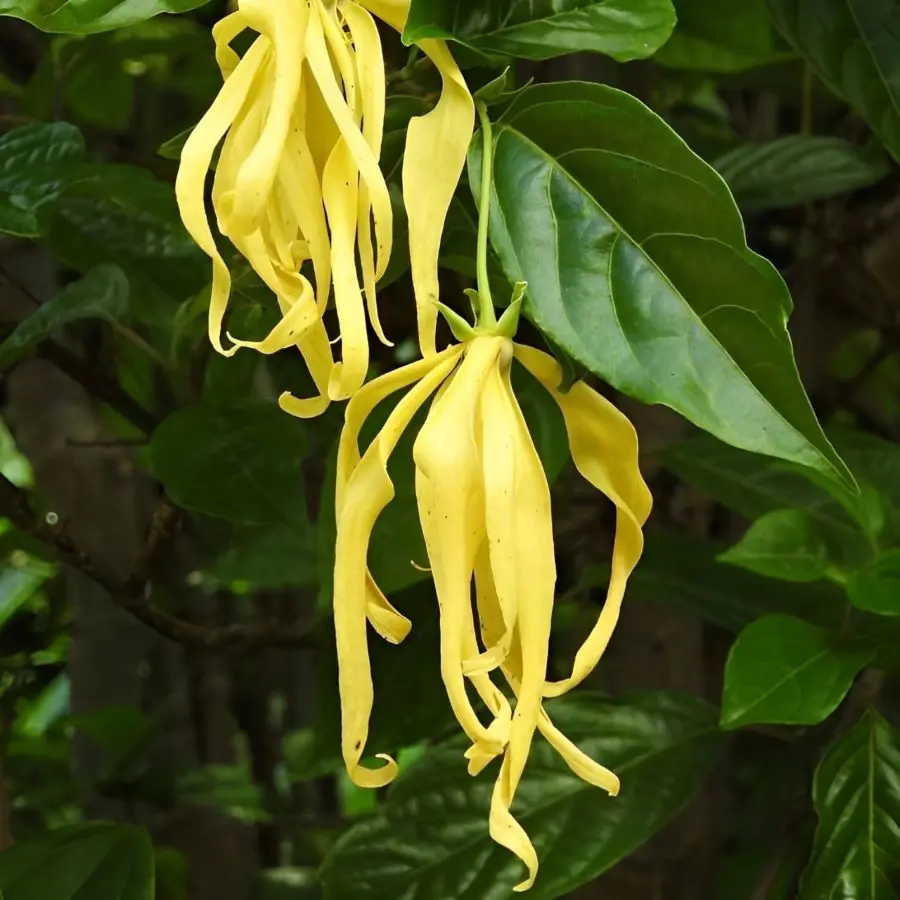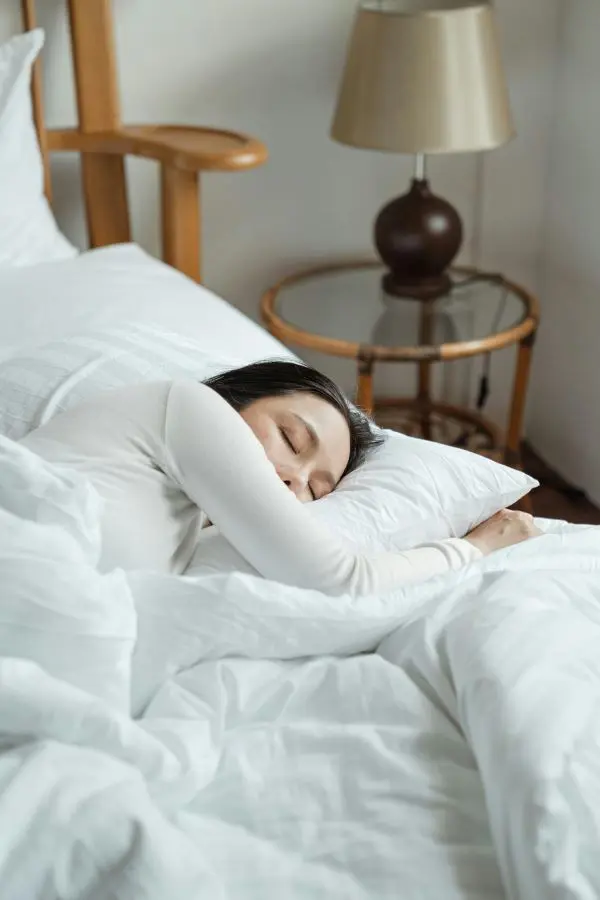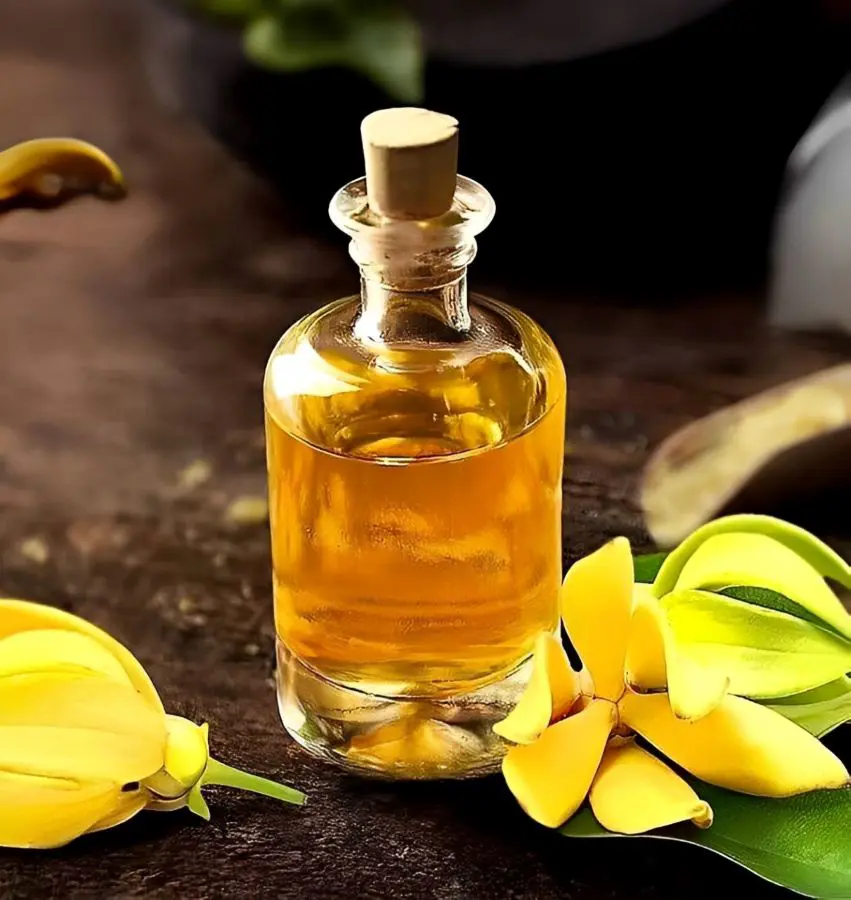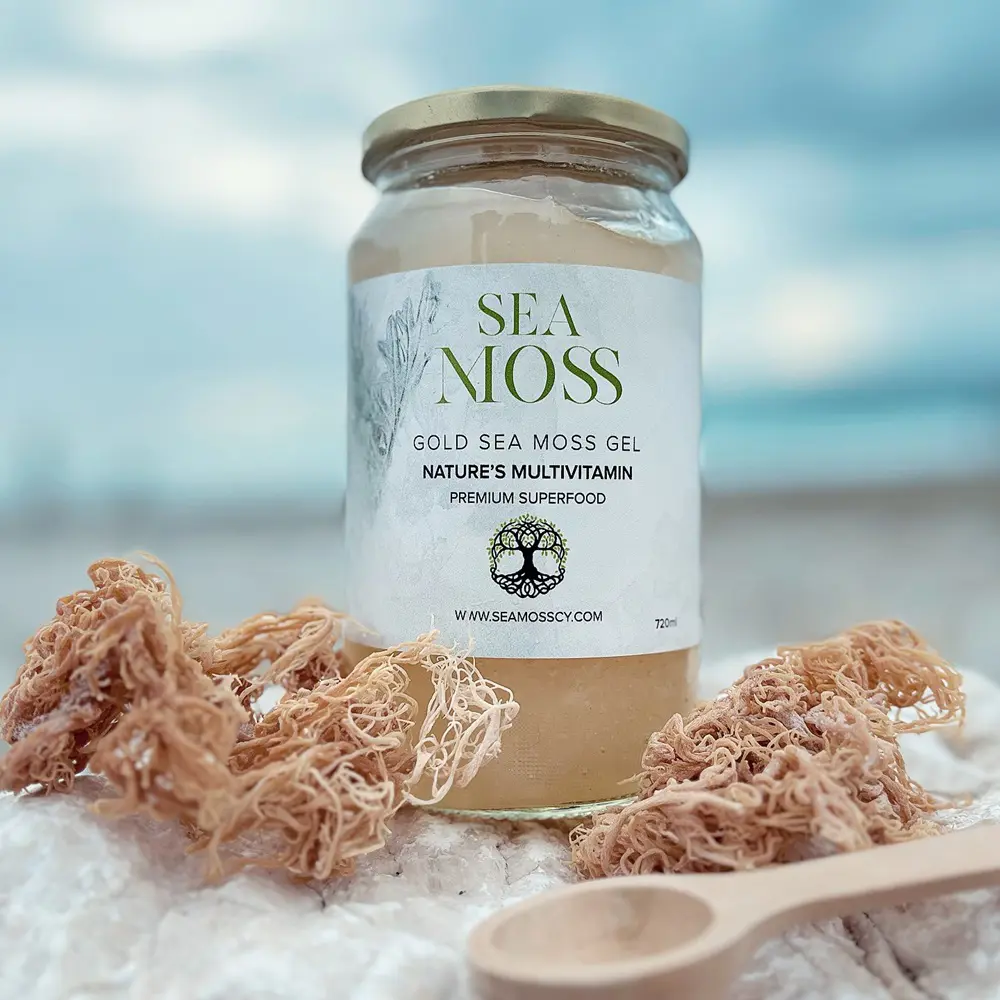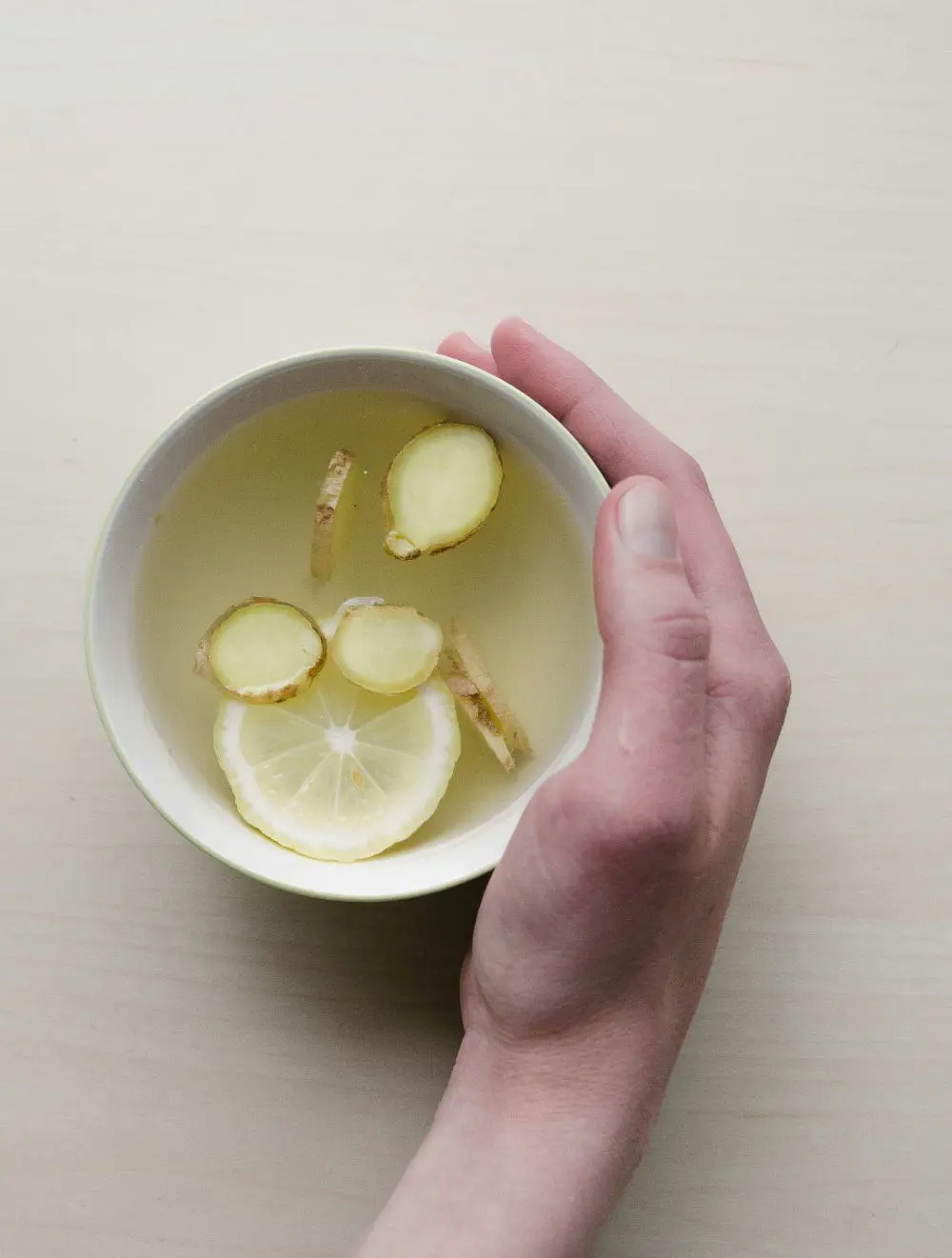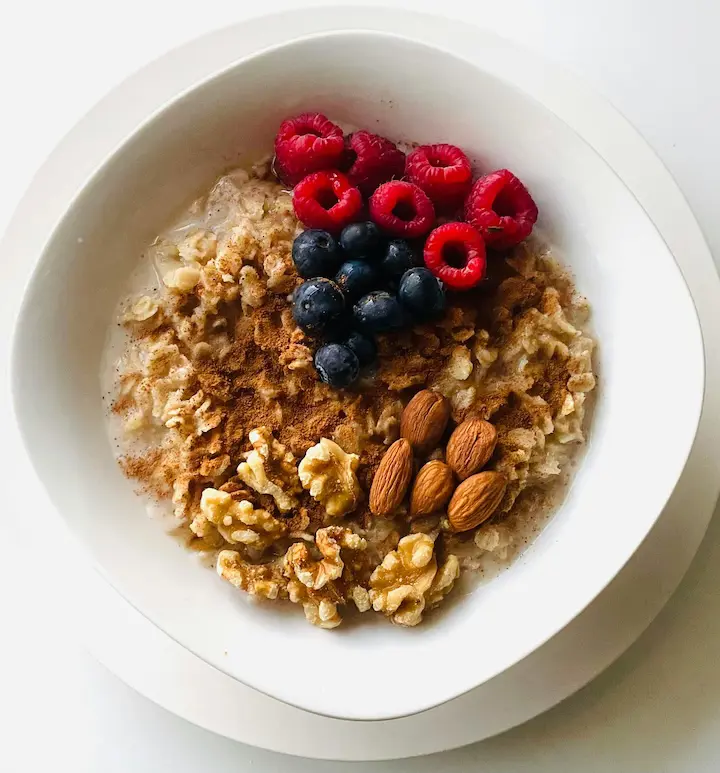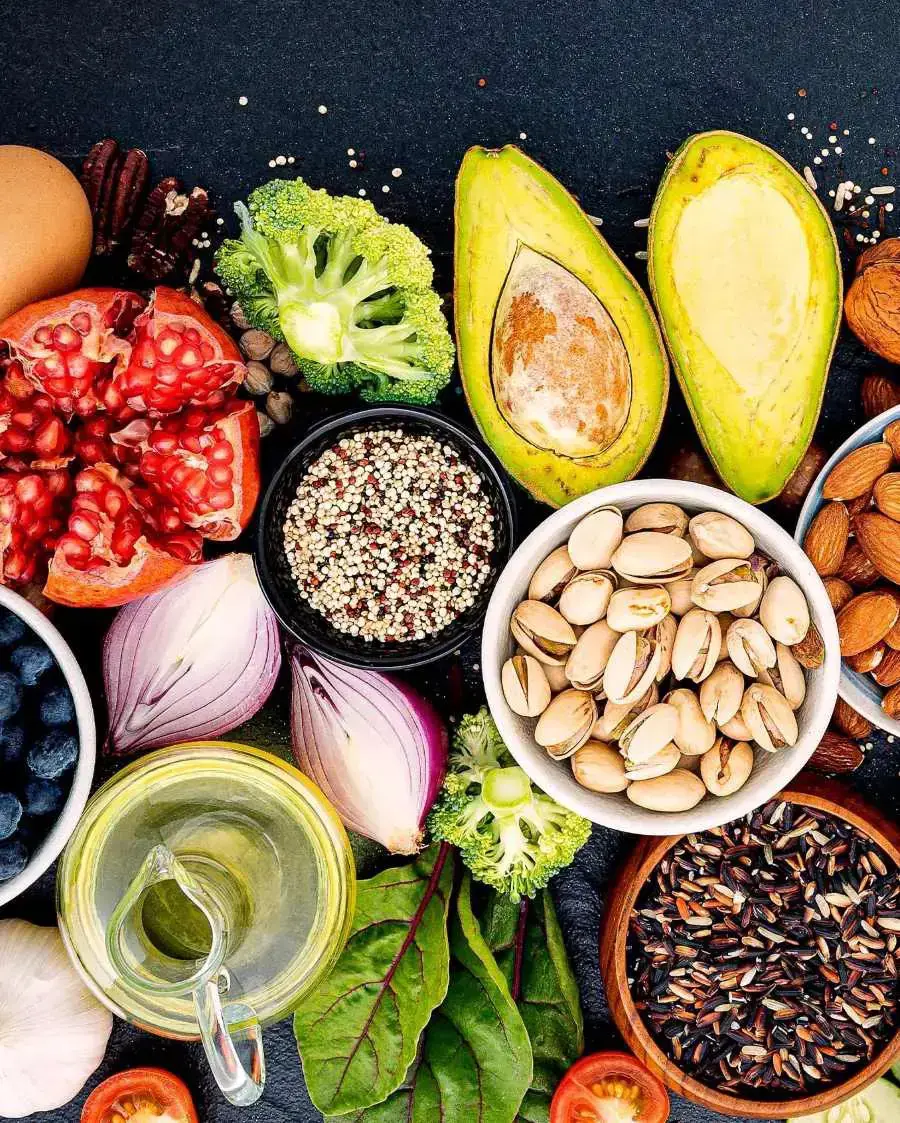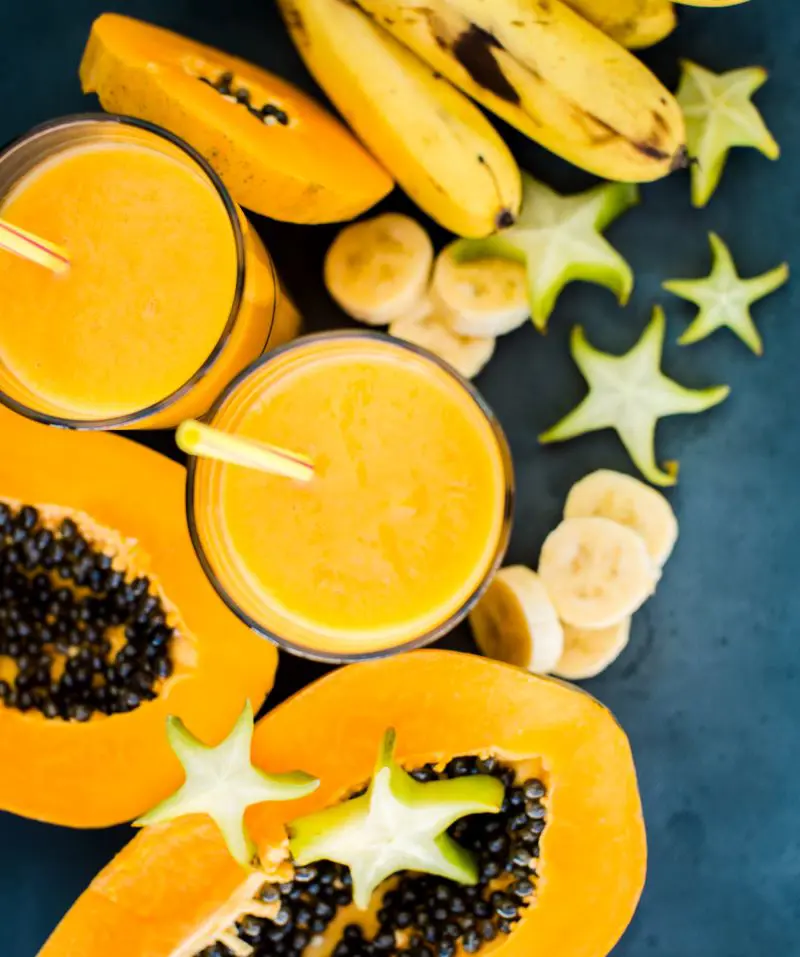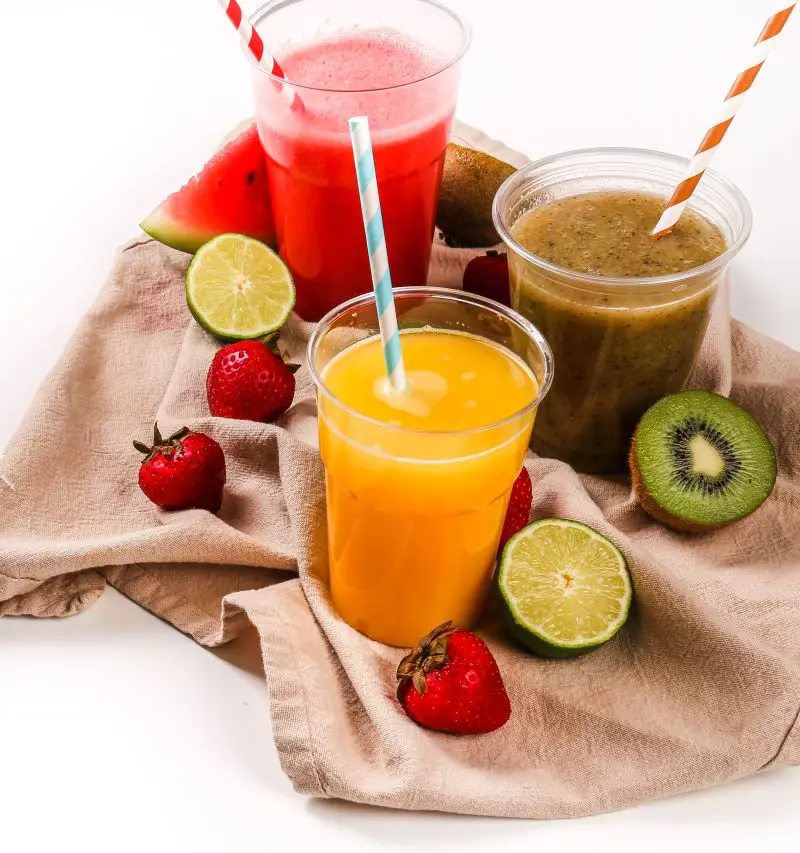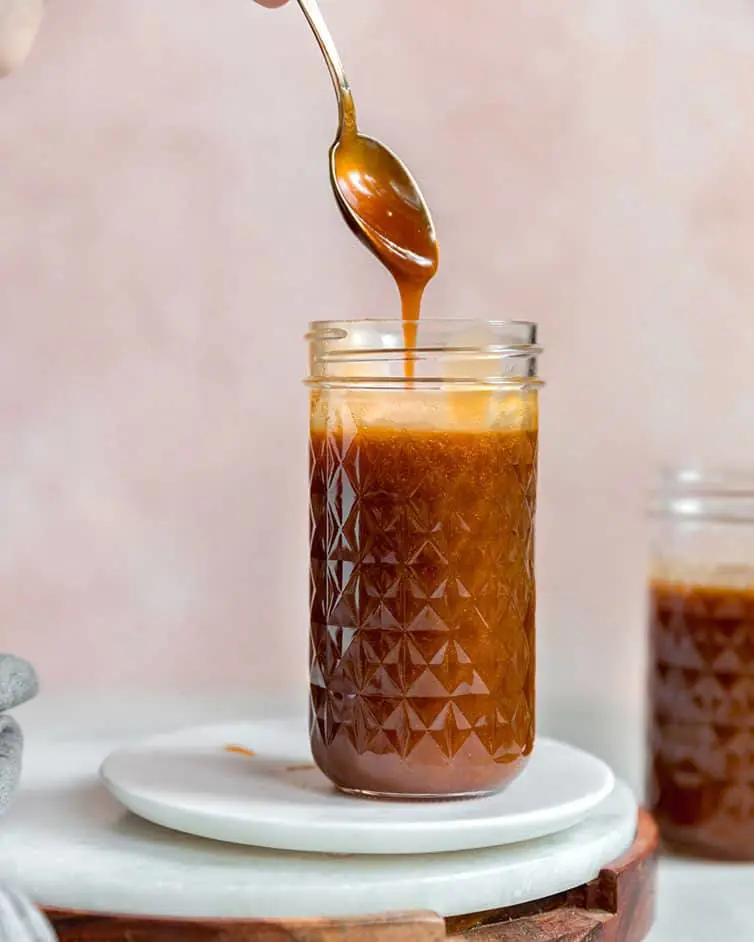1. Reduces Stress And Anxiety
Ylang-ylang essential oil has been shown to have a calming and relaxing effect that can help reduce stress and anxiety. The sweet, floral aroma of this is believed to stimulate the release of "feel-good" neurotransmitters like serotonin, which can improve mood and induce a sense of well-being.
Likewise, studies have found that inhaling its oil can lower blood pressure and heart rate, which helps to alleviate physical symptoms of stress and anxiety.
Plus, the balancing properties of ylang-ylang may also contribute to its ability to regulate the body's stress response, making it an effective natural remedy for managing anxiety and promoting relaxation.
How to Use?
- Diffuser: Add a few drops of Ylang Ylang oil to a diffuser.
- Bath: Mix a few drops with carrier oil and add to a warm bath.
